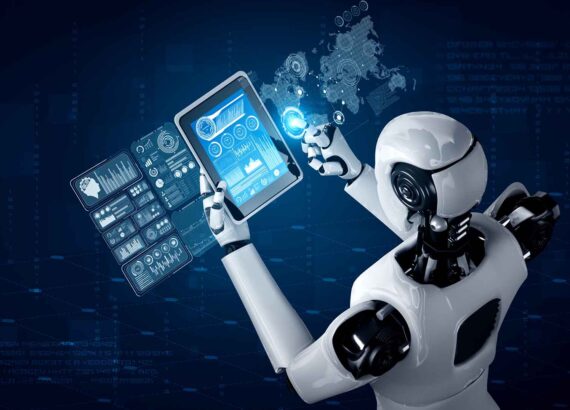Precision AI technology is transforming the healthcare landscape, offering unparalleled support to healthcare professionals in delivering patient-centered care. By harnessing the power of data analytics and machine learning, AI empowers clinicians to make informed decisions with greater accuracy and speed. From streamlining administrative tasks to enhancing diagnostic capabilities, these solutions are helping to address some of the most pressing challenges in modern healthcare. By integrating AI into daily workflows, professionals can focus more on patient care while improving operational efficiency. One of the most significant contributions of AI in healthcare is its ability to analyze complex datasets swiftly. With vast amounts of patient data generated daily, identifying patterns and trends manually can be time-consuming and prone to human error. AI-driven tools process this information with precision, providing actionable insights that support accurate diagnoses and tailored treatment plans. This capability not only enhances clinical outcomes but also reduces the risk of misdiagnosis, fostering trust between patients and providers.

AI also plays a crucial role in personalizing patient care. By utilizing predictive analytics, healthcare professionals can anticipate potential health risks and intervene proactively. These insights allow clinicians to recommend preventive measures, minimizing the likelihood of complications. Personalized treatment plans based on AI analysis ensure that patients receive care uniquely suited to their needs, improving adherence to treatments and overall patient satisfaction. This individualized approach aligns with the growing emphasis on precision medicine in the healthcare sector. Moreover, AI technology significantly enhances operational efficiency in healthcare settings. Administrative tasks such as scheduling, billing, and documentation often consume a considerable portion of healthcare professionals’ time. Automation of these processes using AI tools solution reduces workload, allowing practitioners to dedicate more attention to patient interaction. Streamlined operations also contribute to reduced costs, optimizing resource allocation and enabling healthcare facilities to serve more patients effectively. Training and education are other areas where AI is proving to be a game-changer.
Through virtual simulations and real-time feedback, healthcare professionals can hone their skills in a risk-free environment. AI-powered platforms provide personalized learning experiences, adapting to the user’s strengths and weaknesses to optimize outcomes. These advancements not only enhance individual expertise but also foster a culture of continuous learning, ensuring that professionals stay abreast of the latest medical innovations. Finally, AI is driving innovation in medical research by accelerating drug discovery and development. Traditional research methods can take years to yield results, but AI algorithms can identify potential drug candidates and predict outcomes in a fraction of the time. This rapid pace of discovery enables researchers to address emerging health threats more effectively. By supporting groundbreaking advancements, AI ensures that healthcare professionals have access to cutting-edge solutions, enabling them to provide the best possible care to their patients. In conclusion, AI technology is revolutionizing the healthcare industry, empowering professionals to deliver precise, efficient, and personalized care. By augmenting human expertise, these solutions address critical challenges, enhance patient outcomes, and drive innovation across the healthcare continuum.


